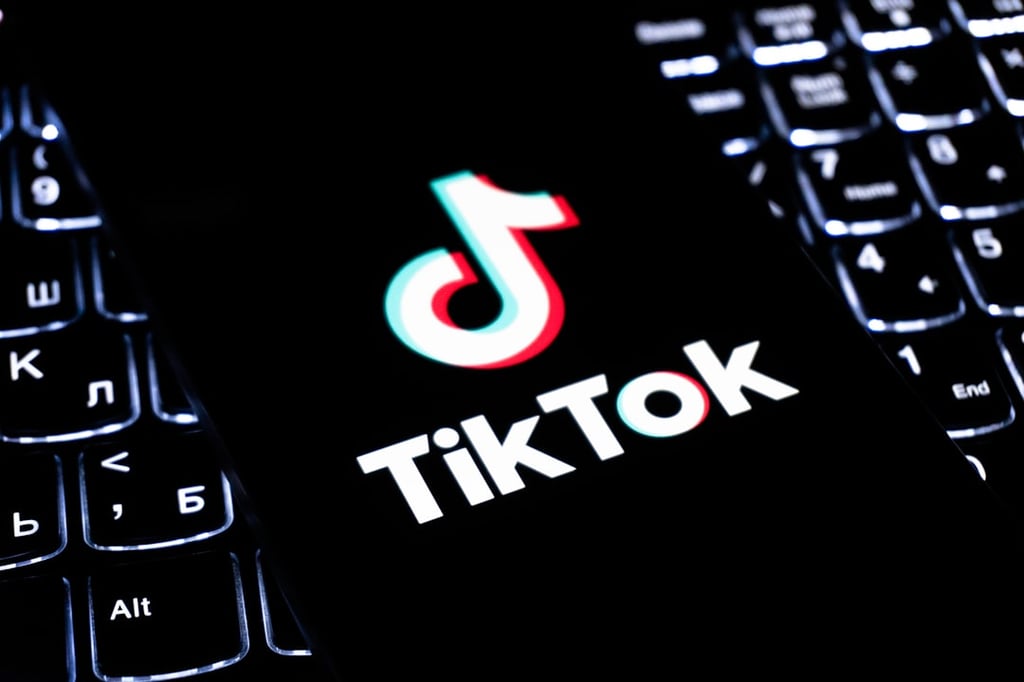Wi-Fi competition at Boston’s Logan Airport is alive and well, thanks to a Wednesday ruling by the Federal Communications Commission (FCC). The FCC unanimously sided with Continental in a dispute with the airport over Wi-Fi hotspots. The commission said allowing multiple Wi-Fi suppliers at Logan causes no interference to the “safety-of-life” communications network the airport […]
Datamation content and product recommendations are
editorially independent. We may make money when you click on links
to our partners.
Learn More
Wi-Fi competition at Boston’s Logan Airport is alive and well, thanks to a Wednesday ruling by the Federal Communications Commission (FCC).
The FCC unanimously sided with Continental in a dispute with the airport over Wi-Fi hotspots. The commission said allowing multiple Wi-Fi suppliers at Logan causes no interference to the “safety-of-life” communications network the airport operates on its dedicated public safety channels.
“Today’s declaratory ruling reaffirms the Commission’s dedication to promoting the widespread deployment of unlicensed Wi-Fi devices,” FCC Commissioner Michael Copps said in a statement.
Copps added that consumers and businesses are “free to install Wi-Fi antennas — just as they are free to install antennas for video programming and other fixed wireless applications.”
The dispute began two years ago, when the airport’s operator, the Massachusetts Port Authority (Massport), moved to stop the airline from offering Wi-Fi in its frequent flyer lounge. Instead, Massport wanted Continental to use the airport’s exclusive wireless carrier.
Continental offers its Wi-Fi service for free while Massport charges an $8 daily fee for its service.
When negotiations failed to resolve the dispute, Continental filed a petition with the FCC for relief from Massport’s rules.
Under FCC rules, Wi-Fi is an unlicensed service that uses the same frequency as garage door openers, cordless phones and baby monitors.
Continental called the ruling a “resounding victory” for consumers.
“The FCC has affirmed its rules pertaining to the installation and use of wireless antennae, which prohibit landlords, such as airports, from restricting this service in areas under the control of the airline,” the airline said in a statement.
Massport did not respond to a request for comment.
The Alliance for Public Technology, the Cellular Telecommunications and Internet Association, Media Access Project, a group of six state public utility commissioners, the Consumer Electronics Association (CEA), Enterprise Wireless Alliance, and T-Mobile all supported Continental’s FCC petition.
In addition, the FCC received more than 2,000 single-paragraph responses from individuals who urged the agency to grant Continental’s petition.
The Airports Council International as well as a number of individual airport authorities filed comments in support of Massport’s position.
This article was first published on InternetNews.com. To read the full article, click here.
-
Huawei’s AI Update: Things Are Moving Faster Than We Think
FEATURE | By Rob Enderle,
December 04, 2020
-
Keeping Machine Learning Algorithms Honest in the ‘Ethics-First’ Era
ARTIFICIAL INTELLIGENCE | By Guest Author,
November 18, 2020
-
Key Trends in Chatbots and RPA
FEATURE | By Guest Author,
November 10, 2020
-
Top 10 AIOps Companies
FEATURE | By Samuel Greengard,
November 05, 2020
-
What is Text Analysis?
ARTIFICIAL INTELLIGENCE | By Guest Author,
November 02, 2020
-
How Intel’s Work With Autonomous Cars Could Redefine General Purpose AI
ARTIFICIAL INTELLIGENCE | By Rob Enderle,
October 29, 2020
-
Dell Technologies World: Weaving Together Human And Machine Interaction For AI And Robotics
ARTIFICIAL INTELLIGENCE | By Rob Enderle,
October 23, 2020
-
The Super Moderator, or How IBM Project Debater Could Save Social Media
FEATURE | By Rob Enderle,
October 16, 2020
-
Top 10 Chatbot Platforms
FEATURE | By Cynthia Harvey,
October 07, 2020
-
Finding a Career Path in AI
ARTIFICIAL INTELLIGENCE | By Guest Author,
October 05, 2020
-
CIOs Discuss the Promise of AI and Data Science
FEATURE | By Guest Author,
September 25, 2020
-
Microsoft Is Building An AI Product That Could Predict The Future
FEATURE | By Rob Enderle,
September 25, 2020
-
Top 10 Machine Learning Companies 2020
FEATURE | By Cynthia Harvey,
September 22, 2020
-
NVIDIA and ARM: Massively Changing The AI Landscape
ARTIFICIAL INTELLIGENCE | By Rob Enderle,
September 18, 2020
-
Continuous Intelligence: Expert Discussion [Video and Podcast]
ARTIFICIAL INTELLIGENCE | By James Maguire,
September 14, 2020
-
Artificial Intelligence: Governance and Ethics [Video]
ARTIFICIAL INTELLIGENCE | By James Maguire,
September 13, 2020
-
IBM Watson At The US Open: Showcasing The Power Of A Mature Enterprise-Class AI
FEATURE | By Rob Enderle,
September 11, 2020
-
Artificial Intelligence: Perception vs. Reality
FEATURE | By James Maguire,
September 09, 2020
-
Anticipating The Coming Wave Of AI Enhanced PCs
FEATURE | By Rob Enderle,
September 05, 2020
-
The Critical Nature Of IBM’s NLP (Natural Language Processing) Effort
ARTIFICIAL INTELLIGENCE | By Rob Enderle,
August 14, 2020
SEE ALL
ARTICLES







